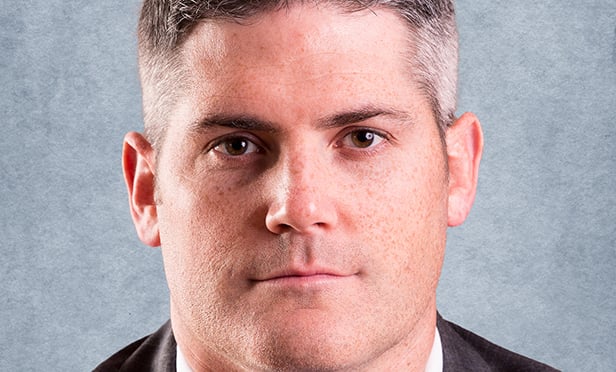LAS VEGAS—Timing is everything. In this first in a series of conversations between James Cook, national director of analytics for GlobeSt.com Thought Leader Xceligent, and high-level US retail professionals, he chats with ICSC research director Jean Lambert. It will come as no surprise that the retail market is, as Lambert says, “changing on adrenaline,” but so is the nature and content of research. What follows is an edited version of their conversation.
James Cook: How have your research activities changed to reflect the changes in the industry?
Jean Lambert: The globalization and digitalization of the industry have been the driving changes. And while the latter factor has been evolutionary for the retailer, it has been revolutionary for the consumer, empowering them like never before, and this has naturally caused uncertainty among retailers and created a whole new set of winners and losers.
Cook: The retail market has indeed seen so many changes that it is a lot for an industry to absorb. So, how has the ICSC research department addressed the issue of remaining timely and relevant?
Lambert: We try first to understand what specifically is the nature of the changes. Then, we can define and produce content that is relevant to our members. We need to question ourselves all the time.
One of the realizations that have emerged is that our members require access to statistics and articles, not just on a 24/7 basis but also instantly in order to perform their jobs, and they expect that data simply to be there. That need has become a game-changer. To deal with that, we've upgraded our statistical data base. It's much broader, flexible and reliable. Our updated QuickStats program is in soft launch now, but it will be available in time for RECon, and we will be adding programs through the summer, such as new leasing models and breakdowns by age and income groups.
In addition, our flagship publication, Retail Property Insights, is now also available not only online, but also in iPad, iPhone and Android versions. Here's why. It is no longer just about providing data. It's about providing it in all formats and whenever our members want it. That's important when you have members in the US, Asia, Europe and Latin America.
Cook: As a member of the research task force and an ICSC member, I've seen our research take a twist of sorts as it becomes more practical and hands-on. Historically, retail research has been very academic. But people just want research that they can use for their business—from a practical and actionable standpoint. And I think we're well on the way to making that change.
Lambert: There are so many changes taking place in the market, and the people who embrace those changes have a better chance of being tomorrow's players. It is a cliché but it remains true. Technology and retail are the most dynamic factors in today's economy and the two are merging.
In terms of the hands-on, actionable data you referenced, James, our members are smart and they get it. They are also under a great deal of pressure. They have very specific goals in mind and don't want to wade through huge documents to find it. They want takeaways and quick, clear, full graphics. So, it forces us to focus on the essence of the data, to tell the story clearly and provide the right tools. We can so easily lose them if we are not aware and focused.
Cook: We've talked a lot about current changes. What do you see as the biggest changes to impact retail in the next five years?
Lambert: It will be all about convenience. It's already an issue, but it will be even more so. Convenience and the experience factor, the sense of place. These will become the cornerstone of retail real estate. And anything we can provide in terms of meetings, conferences and writings that will examine the different facets of those issues will be of help to our members.
We should mention also the intensification of issues covered in the media—profitability, performance, lifestyles—all resulting from the shift to omni-channel retailing. Toward that end, in our department we need to quantify the dimensions of this change and look beyond existing measures of foot traffic, occupancy rates and operating income to generate other types of metrics, all in consultation with our global research groups. There will be a real need for that going forward.
Cook: We always say that real estate is local, even though the reality is we're all operating in a global environment.
Lambert: Everyone is in another place today, so to speak, and you can't ignore anymore what's taking place in other parts of the world, the ideas that they are coming up with that could help us here. There are no more silos in today's marketplace.
© 2025 ALM Global, LLC, All Rights Reserved. Request academic re-use from www.copyright.com. All other uses, submit a request to [email protected]. For more information visit Asset & Logo Licensing.








